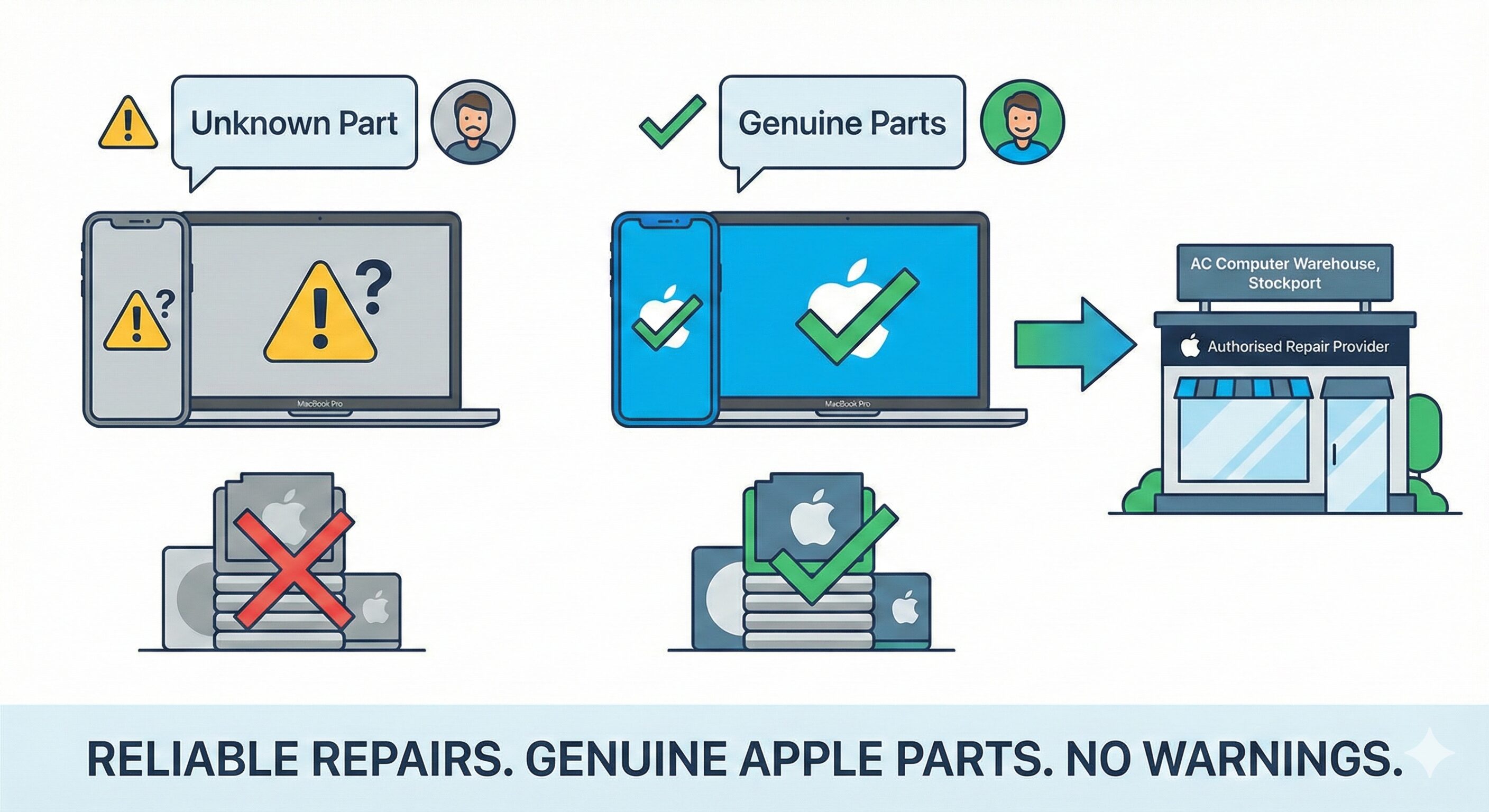
Christmas is a time of joy and giving, but it’s also a time when cybercriminals ramp up their efforts to target unsuspecting individuals. From fake websites to phishing scams, Christmas computer scams are becoming more sophisticated every year.
This guide will help you identify the most common scams and provide actionable tips to protect yourself during the festive season.
What Are Christmas Computer Scams?
Christmas computer scams are fraudulent activities targeting holiday shoppers and generous donors during the festive period. These scams aim to steal personal information, bank details, or even your hard-earned money. Understanding these threats is the first step toward avoiding them.
1. Fake Online Stores: A Classic Christmas Scam
One of the most prevalent Christmas computer scams involves fake online stores. These websites mimic popular retailers and lure shoppers with incredibly low prices on high-demand items like electronics and toys.
How to Spot Fake Websites:
- Check the URL: legitimate sites will have “https” and no unusual characters.
- Search for Reviews: Verify the site’s reputation using tools like Trustpilot.
- Be Cautious of Unrealistic Deals: If it sounds too good to be true, it probably is.
2. Phishing: The Silent Christmas Threat
Phishing emails and messages spike during the holiday season, making them one of the top Christmas computer scams. These fraudulent messages often pretend to be from trusted brands or delivery companies and contain malicious links or attachments.
How to Protect Yourself:
- Double-Check Sender Details: Look for minor errors in email addresses.
- Don’t Click Unverified Links: Access websites directly from your browser.
- Enable Two-Factor Authentication (2FA): Adds an extra layer of security.
3. Malvertising: Malicious Ads That Trick Holiday Shoppers
Malicious advertising, or malvertising, is another common Christmas computer scam. These harmful ads appear on legitimate websites and lead users to phishing sites or download malware.
Avoiding Malvertising:
- Use an Ad Blocker: Prevents most malicious ads from appearing.
- Think Before Clicking: Don’t trust ads offering unbelievable deals.
4. Delivery and Parcel Scams
Delivery scams surge during the holiday season due to increased online shopping. Scammers send fake delivery notifications claiming there’s an issue with your package, prompting you to provide sensitive information or pay a fee.
How to Avoid These Scams:
- Track Packages via Official Sites: Use tracking links provided by the retailer.
- Ignore Suspicious Messages: Never share personal information with unknown senders.
5. Charity Scams: Exploiting the Christmas Spirit
Christmas computer scams often prey on generosity through fake charity appeals. Fraudsters impersonate legitimate organizations, asking for donations that never reach those in need.
Protect Yourself from Charity Scams:
- Research Charities: Verify the organisation using the UK Charity Commission website.
- Donate Through Official Channels: Avoid clicking on donation links in emails.
Staying Safe from Christmas Computer Scams
While it’s impossible to eliminate risks entirely, these general tips can reduce your chances of falling victim to Christmas computer scams:
- Keep Software Updated: Regular updates protect against known vulnerabilities.
- Use Strong Passwords: Create unique passwords for each account.
- Monitor Financial Activity: Check for unusual transactions during the holidays.
- Be Skeptical of Unsolicited Emails or Offers: Trust your instincts.
What to Do If You Fall Victim to a Scam
If you’ve been targeted:
- Contact Your Bank Immediately: Report unauthorized transactions to prevent further loss.
- Change Your Passwords: Secure all potentially compromised accounts.
- Report the Scam: Use Action Fraud in the UK to report incidents.
Conclusion: Protect Yourself from Christmas Computer Scams
Christmas computer scams are evolving, but staying informed can help you enjoy the holiday season without worry. Be vigilant, protect your personal information, and remember to verify the authenticity of websites, emails, and donation requests.
Stay safe and informed this holiday season. Learn more about online security and protect yourself from scams today.
If you’re concerned you may have a virus or need any advice regarding the legitimacy of something you have seen, please call us for advice
Related Blogs
Now offering genuine MacBook and iPhone parts for newer models
If you own a recent MacBook or iPhone, you have probably seen the messages in iOS and macOS warning about…
Read this blogLaptop Board Repair in Stockport: Why You Shouldn’t Buy a New Laptop Just Yet
There is a common scenario we see all the time. A customer walks in with a high-end gaming laptop or…
Read this blogExpert Laptop Repair Stockport: Fast, Local & Reliable
There is never a good time for your computer to break. Whether it’s a smashed screen right before a university…
Read this blog







